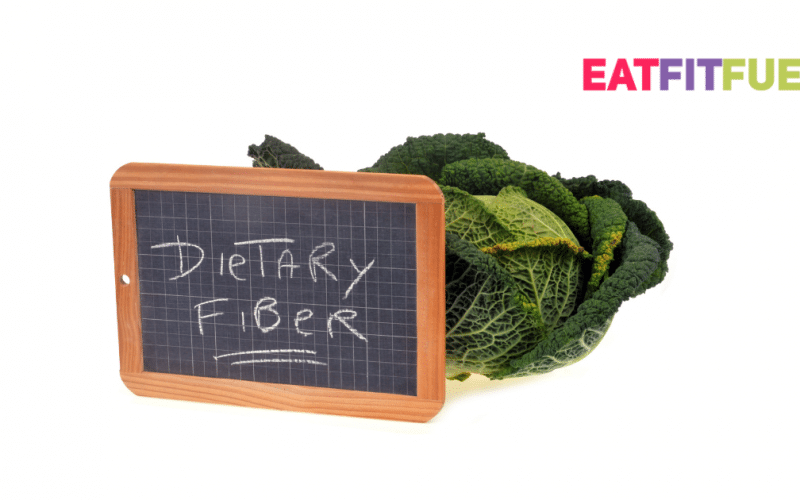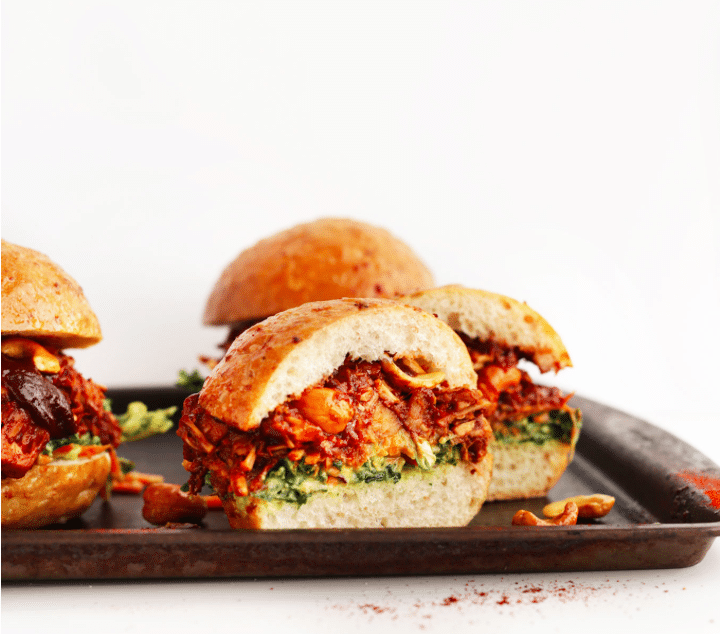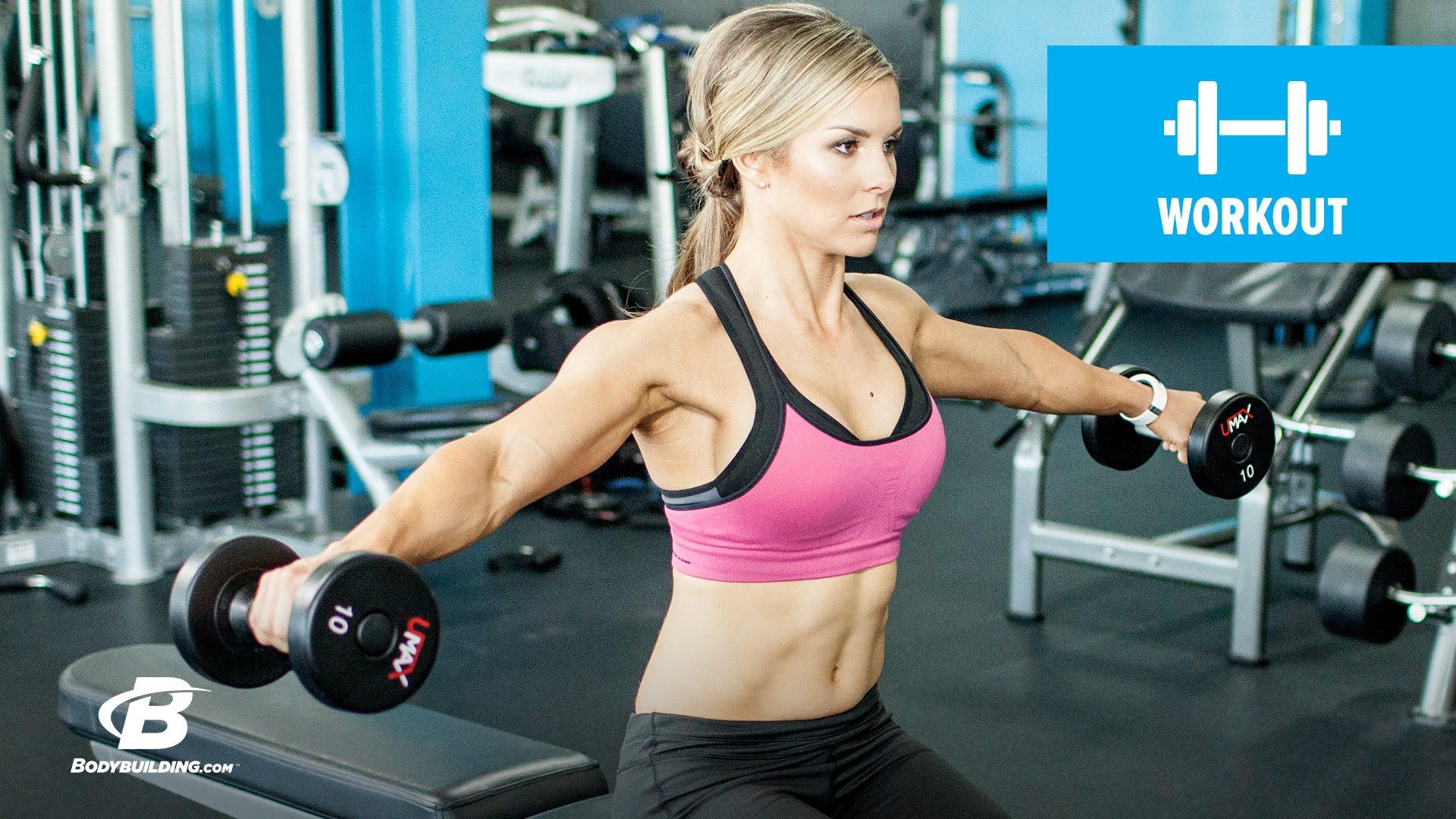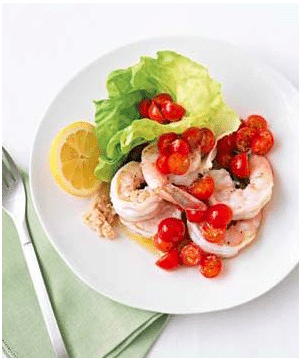Fiber is vital for easy digestion, and making use of fiber supplements can be beneficial. That said, some people are allergic to gluten, so to make things convenient, we’ve drafted a list of the best gluten-free fiber supplements for consumption on a day-to-day basis.
While it may seem trivial to some, your digestive system has a huge part to play in your overall well-being and productivity! Fiber which is present in fruits and vegetables is a requirement to have easy digestion and also helps you feel more full. However, for most of us, having access to or preparing fruits and vegetables every day can be tedious. That’s why in this article, we’ll cover the best gluten-free fiber supplements to ensure easy digestion.
What Is Fiber?
Fiber is typically considered a subgroup and typically consists of isolated, non-digestive carbohydrates that can be beneficial for digestion and human physiology in general. Found in vegetables and grains like oats, bananas, or even corn, fiber is also helpful for anyone trying to lose weight and cut back on their calorie intake as a whole.
There is also digestive fiber that helps attract water and turns to gel in digestion. While non-digestive fiber helps to clean the intestines to help them pass food more quickly, digestive fiber is healthy for your heart and helps reduce your overall cholesterol.
For anyone on the go, incorporating fiber into their meal replacement shakes can save them both time and energy.
What Is Gluten?
Gluten is a structural protein found typically in grains like wheat and other grains that cover a majority of the food we consume like bread, pasta, pancakes, waffles, and baked goods amongst several other processed beverages.
But why is it so important? For many individuals, having gluten can result in a variety of symptoms like nausea, heartburn, indigestion, and even fatigue. While not considered an issue by many, having a gluten-free diet for several individuals can help them feel significantly more comfortable and at ease.
While commonly undiagnosed, some gluten allergy symptoms include bloating, gas, fatigue, and low blood sugar after consuming wheat products or another variety of grain.
What Are Gluten-Free Fiber Supplements?
When it comes to making your diet gluten-free in relation to carbohydrates, you can also eliminate fiber from your diet, which can be unhealthy. So, to ensure you meet your required dietary fiber requirements, it’s important that you include gluten-free fiber supplements in your meals.
That said, opting for alternative carbohydrates, like brown rice or oats, is also one effective solution for carbohydrates that include fiber.
7 Best Gluten-Free Fiber Supplements
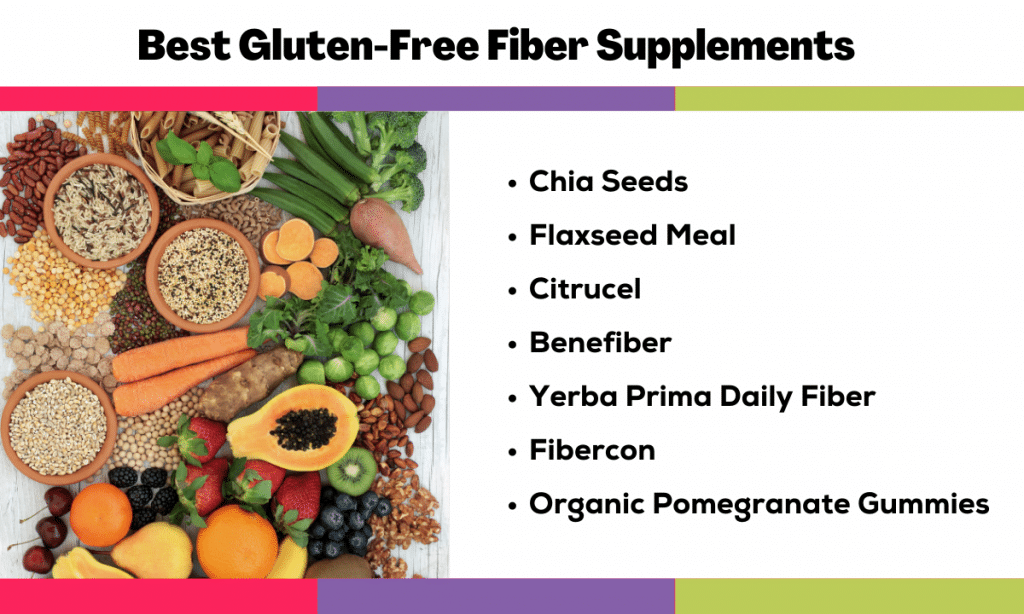
Natural Gluten Free Fiber Supplement
- Chia Seeds
While most wheat products contain gluten, solutions like chia seeds are a great source of gluten-free fiber, as well as omega-3 fatty acids. Adding too many chia seeds to your diet can affect your digestion in the long run, but it comes with several benefits, like better bone health, reduced inflammation, better blood pressure, and even a variety of antioxidants.
- Flaxseed Meal
Loaded with nutrients, flaxseed meal is a good source of gluten-free fiber and even omega-3 fatty acids. Ground flaxseed (flaxseed meal) is a lot easier for your body to absorb and can help out when it comes to lowering cholesterol and improving your digestive health.
For consumption, having a teaspoon alongside your cereal is recommended. That said, you should always be sure to consume adequate water and consult with your doctor before taking it.
Fiber Supplement Powders
- Citrucel
When it comes to an enjoyable dietary supplement for fiber, Citrucel is a fiber supplement powder with an orange flavor. How does it work? Well, you basically add Citrucel to a glass of water and drink it as you would any beverage.
It can be especially helpful for anyone with irregular digestion and does not cause gas as a side effect. As always, though, you should consult with your physician before including it in your diet.
- Benefiber
When it comes to flavorless fiber powders, Benefiber is the best option. Gluten-free supplements are often flavored unless they’re capsules, however, with Benefiber, you can get fiber and hydrate at the same time.
That said, you can also add it directly to your baking or cooking without the worry of it affecting the taste. Capable of dissolving completely, you’ll find that Benefiber is an excellent way to introduce gluten-free fiber to your diet in drinks, cooking, or baking.
- Yerba Prima Daily Fiber Formula
For anyone looking for Non-GMO, and vegan-friendly gluten-free fiber supplements Yerba Prima Daily works well. This concentrated source of fiber comes with all 5-fiber types and has no added sugar or artificial flavoring.
Recommended in between meals, this fiber supplement powder needs to be consumed once dissolved in a full glass of water or any other liquid. It’s advisable to avoid consuming this supplement within 1 to 2 hours of taking prescription medication. Besides this, we’d strongly recommend you consult with your doctor before including this supplement in your daily routine.
Fiber Caplets, Capsules, and Gummies
- Fibercon
These capsules are great gluten-free fiber supplements and are 100% insoluble making them perfect for bowel movements. That said, if you’re looking to lower your blood pressure or cholesterol, it’s advisable that you opt for a soluble gluten-free supplement. Fibercon is perfect for relief and does not require you to mix it with water. Suitable for anyone constantly on the go, Fibercon ensures natural action and is gentle and safe to use. As usual, however, be sure to consult with your doctor before including them in your diet.
- Organic Pomegranate Gummies 100mg
When it comes to a fiber supplement that is fun and comes loaded with iron and potassium, this set of organic gummies is an excellent choice. With a pomegranate flavor, these gummies taste similar to dehydrated fruit making them suitable for children to consume (after consulting with their pediatrician). For adults, you can consume at most two a day, after running this dietary supplement by your physician.
Conclusion
Although it may seem difficult for anyone with gluten intolerance, making use of some of the gluten-free fiber supplements can help ensure you have smooth digestion and that your cholesterol is kept in check. Generally speaking, making sure you clear your colon through the use of fiber can help ensure you feel physiologically at ease and can even help improve your overall nutrient absorption.
Frequently Asked Questions
What is gluten intolerance?
Gluten intolerance is a condition in which certain people have difficulty processing gluten and products with gluten. Gluten intolerance usually means you’ll have difficulty digesting food like bread, pasta, pancakes, waffles, and baked goods.
What are some fiber-rich grains that don’t have gluten?
Some fiber-rich foods that don’t have gluten include avocado, raspberries, pumpkin, chia seeds, and flaxseed.
What are some fruits and vegetables with fiber?
Some fruits rich in fiber include bananas, apples, pears, and figs. As for vegetables, however, anything green and leafy like kale, spinach, and lettuce are good ways to go. That said, gluten-free fruits and vegetables include avocado, raspberries, and pumpkin.
